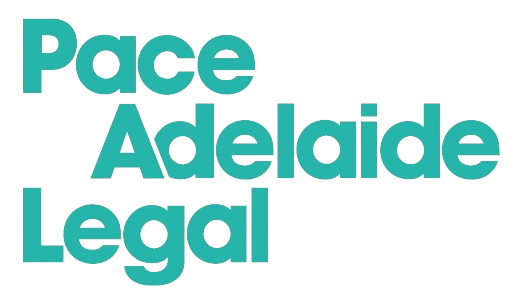LAWFUL INTERESTS UNDER THE SURVEILLANCE DEVICES ACT 2016
New smartphone apps and drones have made it easier than ever to listen to and record private conversations, but is this legal in South Australia?
In this blog we will examine the Surveillance Devices Act 2016 of South Australia (Act) to answer the question: when is it permissible to listen to and record a private conversation in South Australia?
Section 4 of the Act – Listening Devices
Section 4 of the Act makes it an offence for someone to use a listening device to record private conversations and carries a maximum penalty of up to $15,000.00 for individuals and three years imprisonment or $75,000.000 for body corporates. For a more in depth look at this section, see this link.
Section 5 of the Act – Optical Surveillance Devices
Section 5 makes it an offence to use optical devices to record other people including prohibiting their installation in vehicles. The same maximum penalties that apply to section 4 above, also apply to section 5. For further information on this section, see this link.
Exceptions
There are some exceptions to the prohibition stated above. Most of these exceptions are to take into account the fact that surveillance devices are used in law enforcement and other public interest activities. One exception is self-evident, being where all parties consent to being recorded.
Further there is an exception that allows for private conversations and parties to be recorded if it is done to reasonably protect the lawful interests of a person. See sections 4(2)(ii) and 5(4)(b) for their full wording in the above links.
The focus of this blog is the exception found in sections 4(2)(a)(ii) and 5(4)(b) of the Act, namely that these prohibitive provisions do not apply to protect the lawful interests of a person.
There is a distinction between the exceptions found in these sections.
Note that the exception to the installation, use or maintenance of an optical surveillance device only applies to the installation, use or maintenance of the same on premises whereas the exception with respect to listening devices is much broader.
Section 4 Exception – What constitutes a ‘Private Conversation’?
A private conversation has been defined in section 3 of the Act and to summarise is any conversation carried on where at least one party would like that the conversation is to only be heard by those present. There is an exception of sorts if the conversation is made where all the parties should reasonably expect that it could be heard by someone who is not a part of the conversation – see this link for the full definition
In Thomas & Anor v Nash [2010] SASC 153 it was remarked that a conversation will be private even in the case where participants are at the liberty to tell others about it subsequently (for example a telephone call with a friend) and that it would be sufficient to find that the circumstances indicated that a party to that conversation wished the actual conversation to be confined to the known participants.
What is a Lawful Interest?
Like most things in law, each individual case must be considered on its own facts, but the courts have given us some guidance as to what will and will not be considered a lawful interest.
Situations where recordings will usually not be in the lawful interests of a person:
- wanting to obtain an advantage in civil proceedings — though each case must be judged on its own facts (Thomas v Nash)
-
A mere desire to have a reliable record of a conversation (Thomas v Nash)
Situations where recordings will usually be in the lawful interests of a person:
- To uncover a crime or to resist an allegation to a crime;
- Recordings of conversations during the handover of a child was found to be made in the lawful interests of the person (Groom v Police (No 3) [2013] SASC 93; (2013) 231 A Crim R 1). In this case, there was an intervention order in force and it was found that the person making the recordings had a genuine concern for their own safety;
- to keep an accurate record of certain meetings – though each case must be viewed on its own facts (Alliance Craton Explorer Pty Ltd V Quasar Resources Ltd [2010] SASC 266);
What these and other cases have shown is that there is a relatively high threshold to meet when asserting that recordings were made to protect the lawful interests of a person.
It should be noted that some of the cases referred to above were made when considering the predecessor to the Act. However, these cases are still useful in interpreting the Act.
If you think you have been surveilled in contravention or this Act or are contemplating surveilling someone to protect your lawful interests and require advice on the same, contact Shavin Silva at (08) 8410 9294 or get in contact via email with this form.
